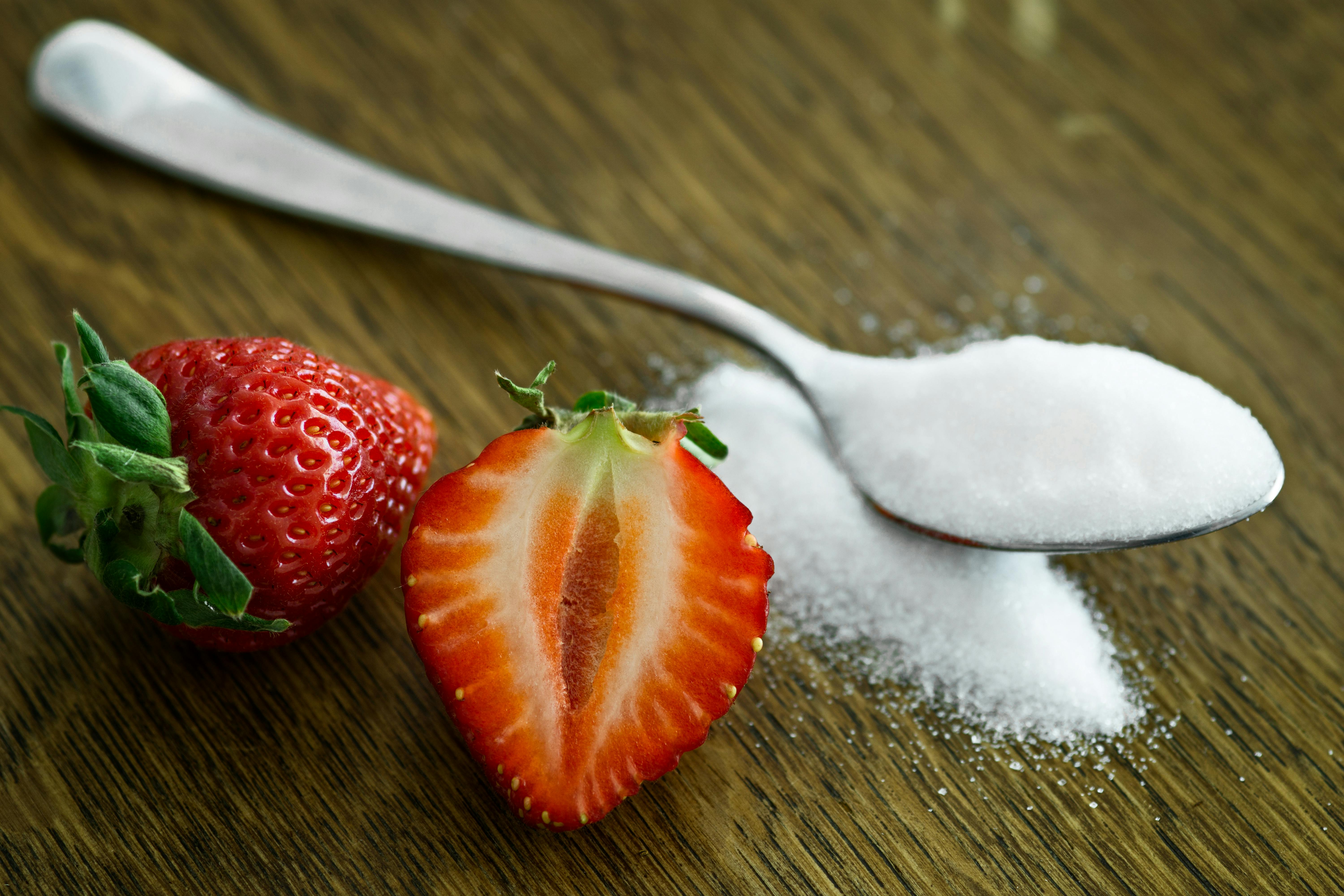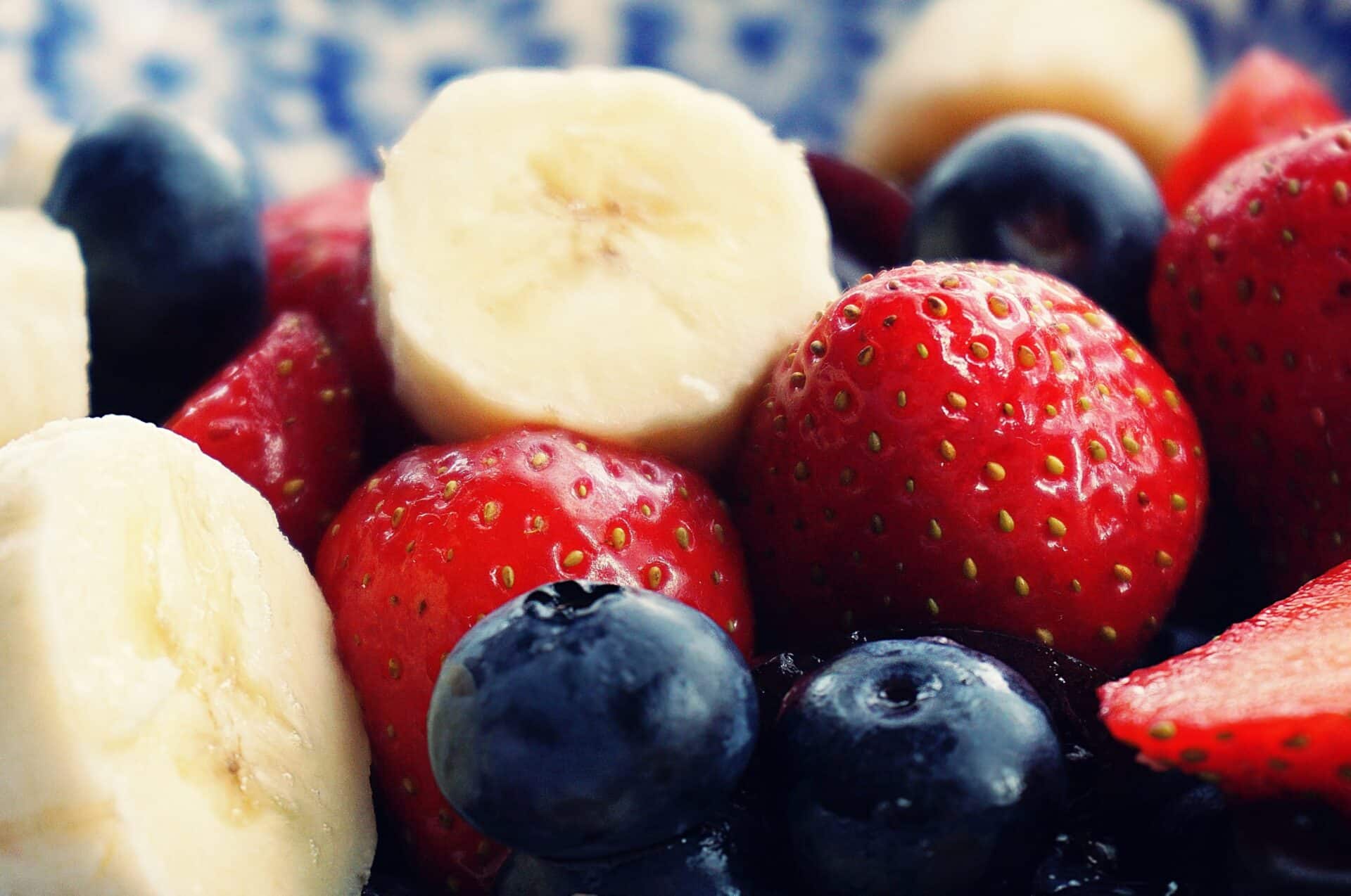Strawberries are a delicious and nutritious fruit that is widely enjoyed around the world. They are a great source of vitamins, minerals, and antioxidants. But did you know that strawberries need certain nutrients to grow healthy and strong? In this article, we will discuss what nutrients strawberries need to grow. We will look at the essential macronutrients, such as nitrogen, phosphorus, and potassium; as well as the essential micronutrients, such as calcium, magnesium, iron, zinc, boron, copper and molybdenum. We will also look at how to ensure your strawberry plants get enough of these nutrients for optimal growth.Strawberries need a good supply of nitrogen, phosphorus, and potassium to grow. They also need other essential nutrients such as calcium, magnesium, and sulfur. Adequate amounts of boron and zinc are also important for proper strawberry growth. In addition, adequate moisture is essential for healthy root development and fruit production.
Water
Water is an essential nutrient for strawberry plant growth. The soil around the strawberry plants should remain evenly moist throughout the growing season. Too much water can cause root rot, while too little can lead to wilting and yellowing of the leaves. In order to maintain optimal water levels, irrigation systems should be used to ensure that each plant receives an even amount of water throughout its growing period.
Light
Strawberries need plenty of light in order to thrive. When grown in containers, strawberries should be placed in areas with at least six hours of direct sunlight each day. For outdoor gardens, it is best to place strawberries in areas that receive full sun for most of the day. If possible, avoid planting strawberries in shady spots as this may lead to decreased fruit production.
Temperature
Strawberry plants prefer temperatures between 65 and 75 degrees Fahrenheit during their growing season. Temperatures outside this range can cause stress on the plants and reduce fruit production. If temperatures become too hot or cold for extended periods of time, it is best to provide additional protection such as shade cloth or mulch.
Nutrients
Strawberries require many nutrients in order to thrive, including nitrogen, phosphorous, potassium and magnesium. These nutrients can be provided through fertilizer or composted organic matter. It is also important to maintain a balanced pH level in the soil; a pH level between 6 and 7 is ideal for strawberry plants.
Pruning
Pruning is an important part of caring for strawberry plants. Pruning should be done regularly throughout the growing season to remove any dead or diseased foliage. This will help promote healthy growth and help ensure that each plant produces ample fruit.<
Micronutrients Needed for Strawberry Plant Growth
Strawberry plants require a variety of micronutrients in order to develop and produce healthy fruit. These micronutrients are essential for plant growth and development, and include calcium, magnesium, boron, copper, iron, manganese, molybdenum, zinc and chloride.
Calcium helps to ensure that the cell walls of the strawberry plant are strong and firm. It also helps with nutrient uptake and prevents blossom end rot. Magnesium is important for leaf production and quality as it helps with photosynthesis. Boron is important for the plants’ reproductive system as well as root development.
Copper is needed for the production of chlorophyll as well as enzyme activation which helps with nutrient uptake from the soil by the plant roots. Iron helps to create strong stems and prevents yellowing of leaves due to a lack of chlorophyll. Manganese is important for photosynthesis as well as sugar metabolism in the plant.
Molybdenum plays an important role in nitrogen metabolism which helps with fruit production while zinc helps with flower production and overall growth of the strawberry plant. Lastly, chloride plays an important role in helping plants absorb other nutrients like nitrogen from the soil.
In conclusion, all these micronutrients are essential for strawberry plants to grow healthy and produce a good crop of fruit each year. Without them, strawberry plants will not thrive or produce fruit of good quality.




